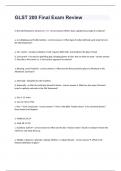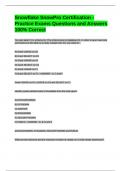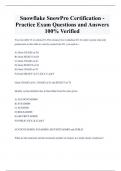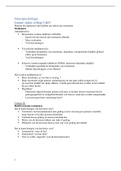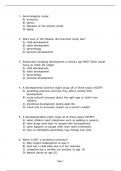Class notes
FSAL Term 4 Lesson 1 summarized notes on Statutory interpretation with case law.
- Institution
- University Of Cape Town (UCT)
This document consists of the general summarized introduction to the Interpretations of statutes in FSAL with highlighted parts.
[Show more]





